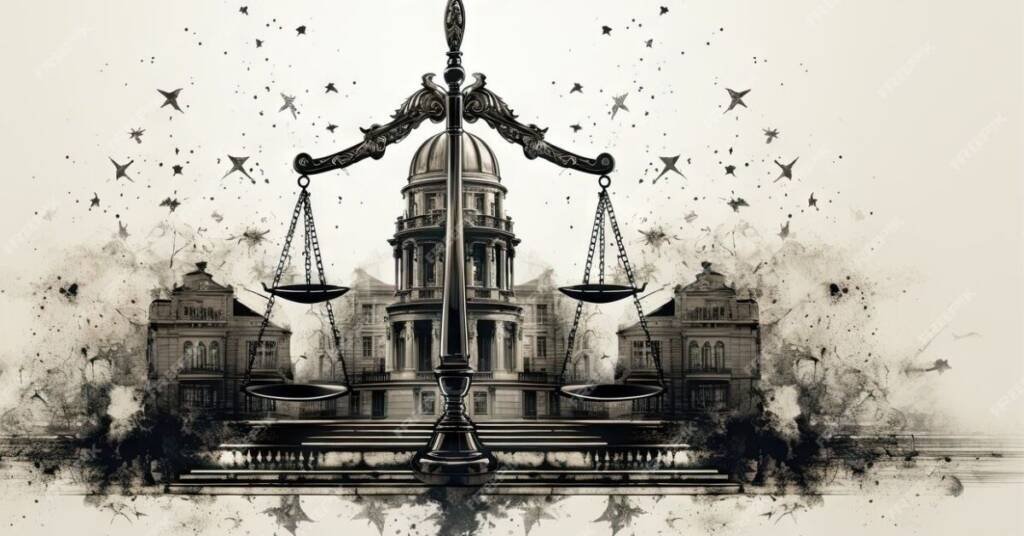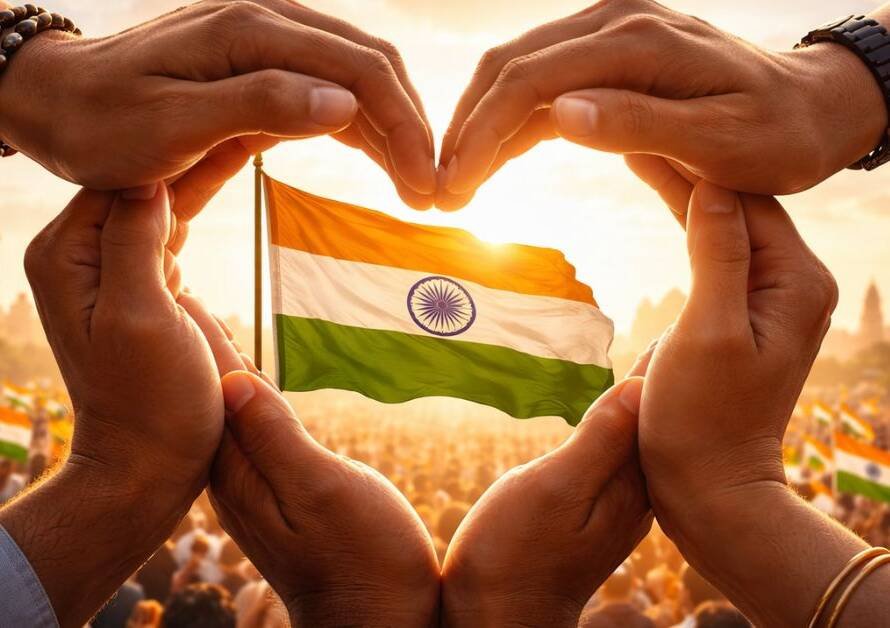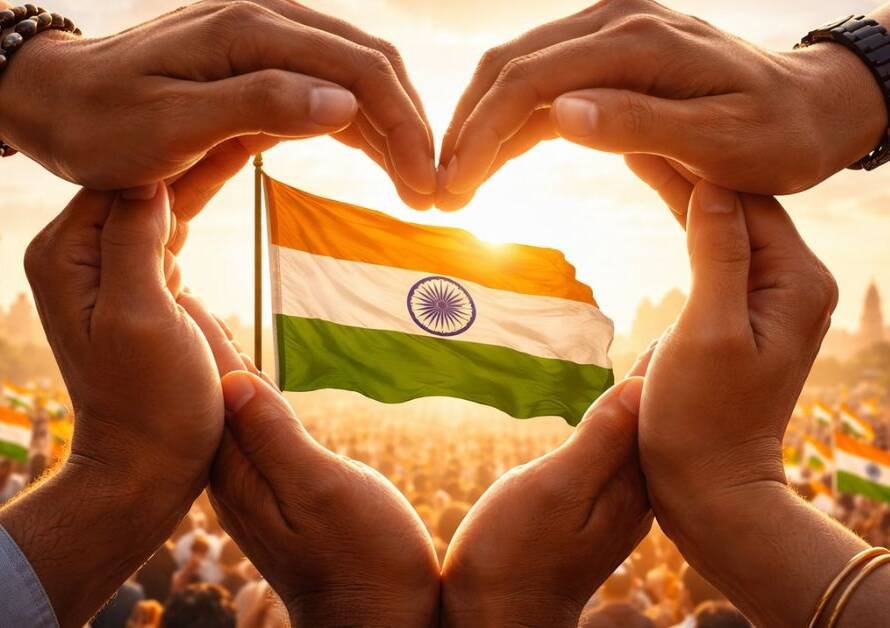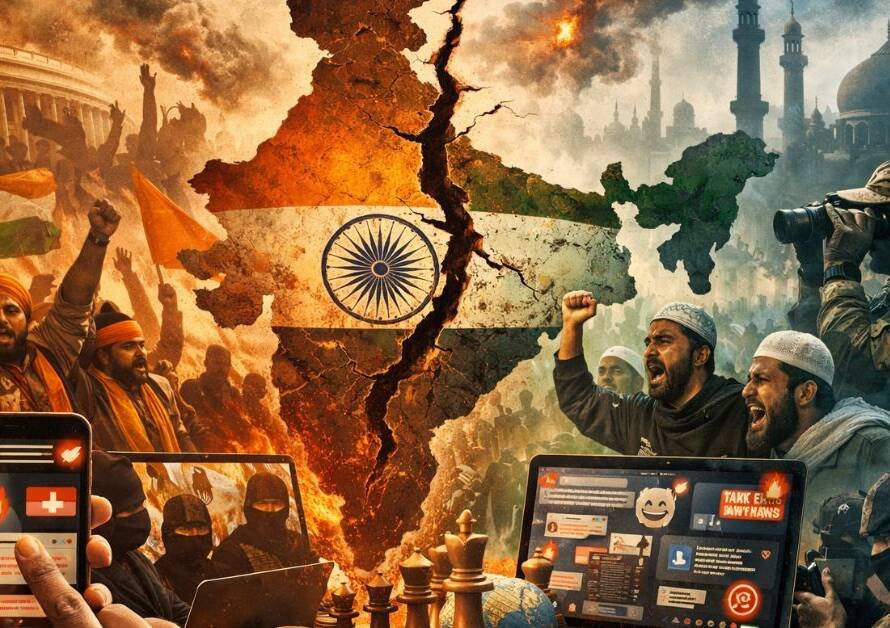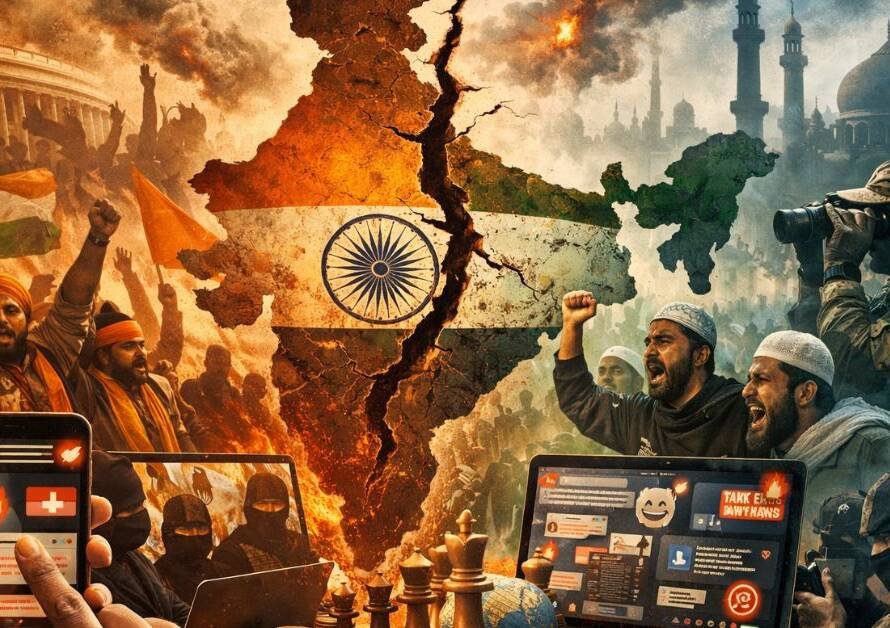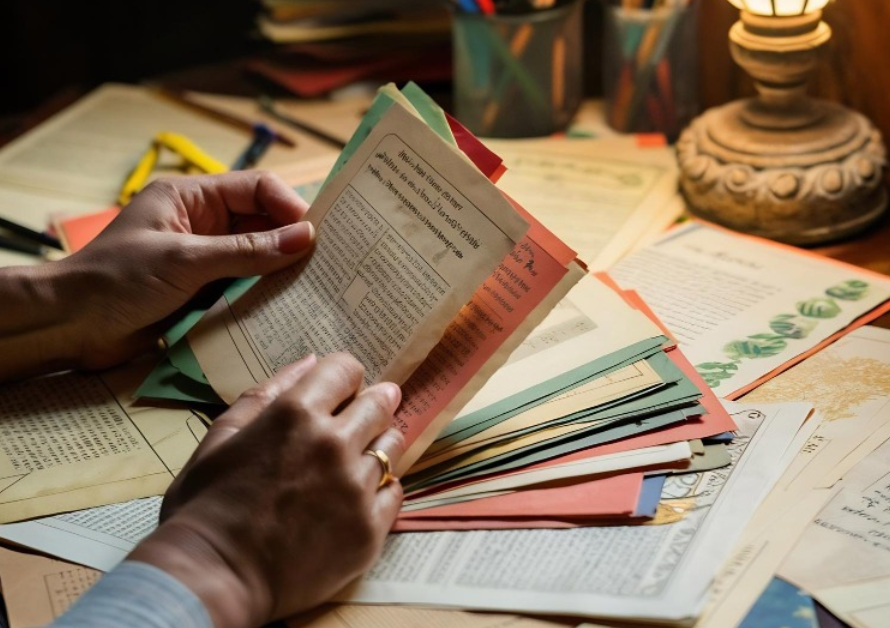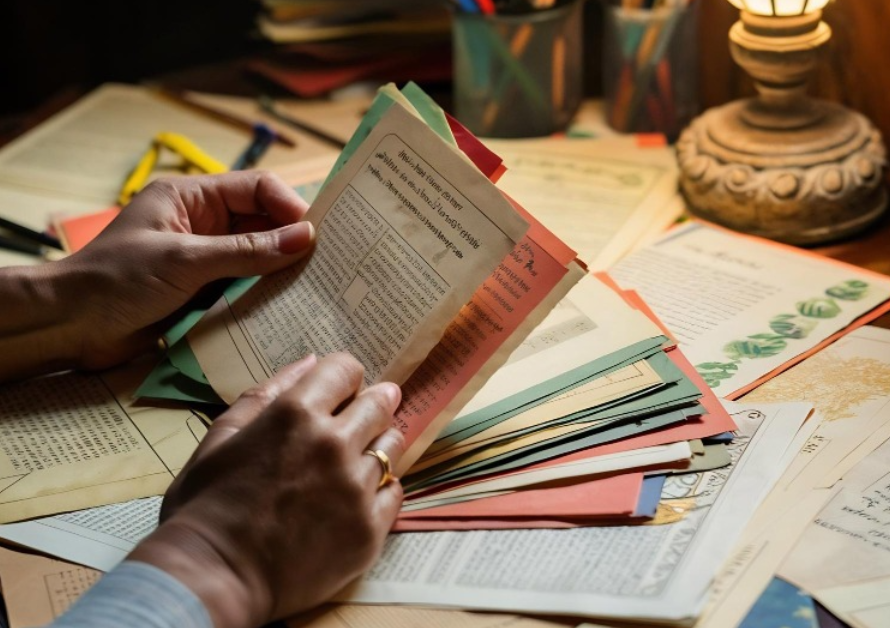Is justice still blind, or has it chosen a side? The rising perception of a “Supreme Court for Terrorists Only?” raises serious questions about fairness, bias, and the true guardians of the Constitution.
Have you ever wondered…
- When it’s about saving terrorists from hanging,
- When members of the “Tukde Tukde Gang” are in jail,
- When anti-nationals shout “Bharat tere tukde honge” (India will be broken into pieces) in open courts,
The Supreme Court of India opens its doors at 2:00 AM.
But when:
- There’s a plea to free Hindu temples from state control,
- A case is filed demanding a Uniform Civil Code,
- Matters related to Hindu rights or national interest are raised,
The cases drag on for years without resolution.
Have you ever wondered…
- When it’s about saving terrorists from hanging,
- When members of the “Tukde Tukde Gang” are in jail,
- When anti-nationals shout “Bharat tere tukde honge” (India will be broken into pieces) in open courts,
The Supreme Court of India opens its doors at 2:00 AM.
But when:
- There’s a plea to free Hindu temples from state control,
- A case is filed demanding a Uniform Civil Code,
- Matters related to Hindu rights or national interest are raised,
The cases drag on for years without resolution.
Examples of Rapid Hearings (for Anti-Nationals):
Afzal Guru Case (2006–2013):
- Mastermind of the 2001 Indian Parliament attack.
- His execution was challenged at odd hours, and the Supreme Court opened late at night for an emergency hearing.
- Justice seemed influenced by emotional pressure rather than national interest.
Yakub Memon Execution (2015):
- Accused in the 1993 Mumbai serial blasts.
- Supreme Court opened at 3 AM to hear a last-minute plea to save him from the gallows.
- What message does this send? That terrorists get urgency but national interest doesn’t?
Umar Khalid & Sharjeel Imam – “Tukde-Tukde” Gang:
Accused of inflammatory speeches during anti-CAA protests leading to Delhi riots.
Their bail pleas get speedy attention. The media portrays them as victims, and courts show leniency.
On the Other Hand – Hindu & National Interest Cases Pending for Years:
Kashi Vishwanath – Gyanvapi Case:
- The historical evidence of temple demolition is overwhelming.
- Yet, the matter keeps getting delayed, with the court repeating “status quo.”
Uniform Civil Code (UCC):
- Promised in the Constitution under Article 44.
- Yet the courts always pass the buck, saying “it’s a matter for Parliament.”
- No urgency, no hearing.
Hindu Temples Under Government Control:
- Thousands of temples in Kerala, Tamil Nadu, and Karnataka are under state control.
- Despite PILs and legal challenges, the courts avoid taking a firm stand.
But when it comes to mosques or churches, the courts act swiftly.
📢 Why This Double Standard?
- Is the Supreme Court only there to protect anti-nationals and their “rights”?
- Should Hindus die waiting for justice?
- Does Indian culture, faith, and heritage hold no value in its own land?
✅ What Needs to Be Done?
Judicial accountability must be enforced.
- Fast-track hearings for national and Hindu interest cases.
- Mass public pressure and movements to demand fairness.
- Systemic reforms within the judiciary for transparency and priority setting.
This is not just a legal battle —
- It’s a battle for the soul of Bharat.
- Hindus must wake up. Unite. And demand justice.
🇳🇪 Jai Bharat, Vandematram 🇳🇪
For more blogs please visit www.saveindia108.in
👉Join Our Channels👈
➡Facebook Group: https://www.facebook.com/groups/820191950130756
➡Telegram Group: https://t.me/+T2nsHyG7NA83Yzdl
➡WhatsApp Group: https://chat.whatsapp.com/HxGZvlycYPlFvBO17O3eGW

